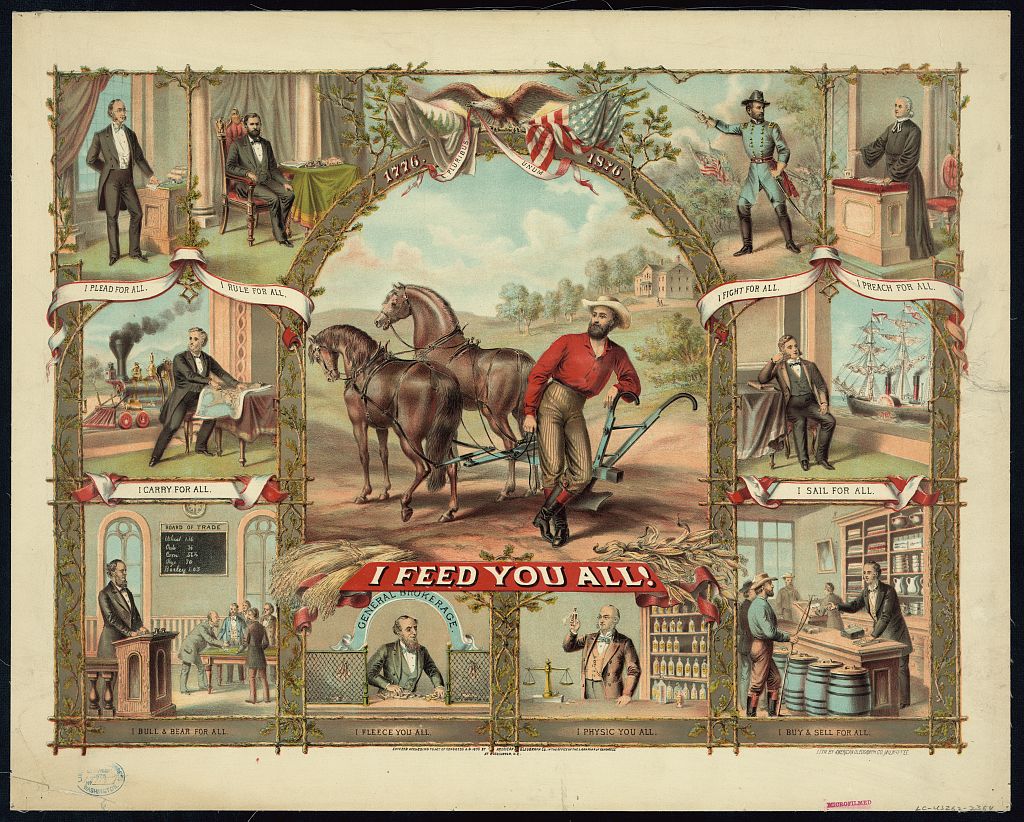While exploring Washington’s winding country roads you occasionally come across a lonely, plain, two-story building, with a sign stating “GRANGE” over the door.
Our Puget Sound region offers an array of bounty and beauty, and among that array stand old Grange buildings. Often wood-framed structures support hardwood floors, a stage at one end, with meeting, dining, and dancing spaces. Most of these useful structures were built before statehood (1889) and had close ties to the emergence of rural towns.
Officially named “The National Grange of the Order of Patrons of Husbandry,” the original parent organization was founded in 1867 to promote the economic well-being of local agriculture. President Andrew Johnson realized that the War had changed everything: farming practices, illiteracy, and a depleted countryside. The fledging Grange helped bring farmers and their families together during this fractured period. Among post war Grange projects – and successes – were the achievement of rural free mail delivery, a Farm Credit System, and the lowering of railroad rates for agricultural products. Eventually, national membership stood at 160,000 members in 36 states (now about half the membership).
Rapid growth of the Grange programs and membership also resulted in political activity on behalf of reform. The Reform Party of Wisconsin for example was among the early agricultural American agricultural parties. The Grange also welcomed women, which helped spawn a Junior Grange open to children 5-14. The organization pushed for suffrage, railroad regulation, and doubling legal immigration for undocumented immigrants currently in the United States.
A curious off-shoot of Grange ceremonies included signs and symbols borrowed from Freemasonry (no longer employed): oaths, secret meetings, passwords. Several Grange organizations introduced Greek, Roman, and Biblical mythology. Out of this mélange of classic terms and traditions has emerged the Grange motto: In necessariis unitas, in dubiis libertas, in omnibus caritas (“In essentials, unity, in non-essentials, liberty, in all things, charity”). The word “grange” comes from a Latin word for grain and is related to a “granary” or generically, a farm.
Discover more from Post Alley
Subscribe to get the latest posts sent to your email.

Trump’s brand of angry populism obscures the progressive aspects of these country-based movements such as the Grange, Agrarianism, Frontier democracy, Masons, Jeffersonian values, and midwestern Progressivism. Trump may squash all these people-based movements for decades.